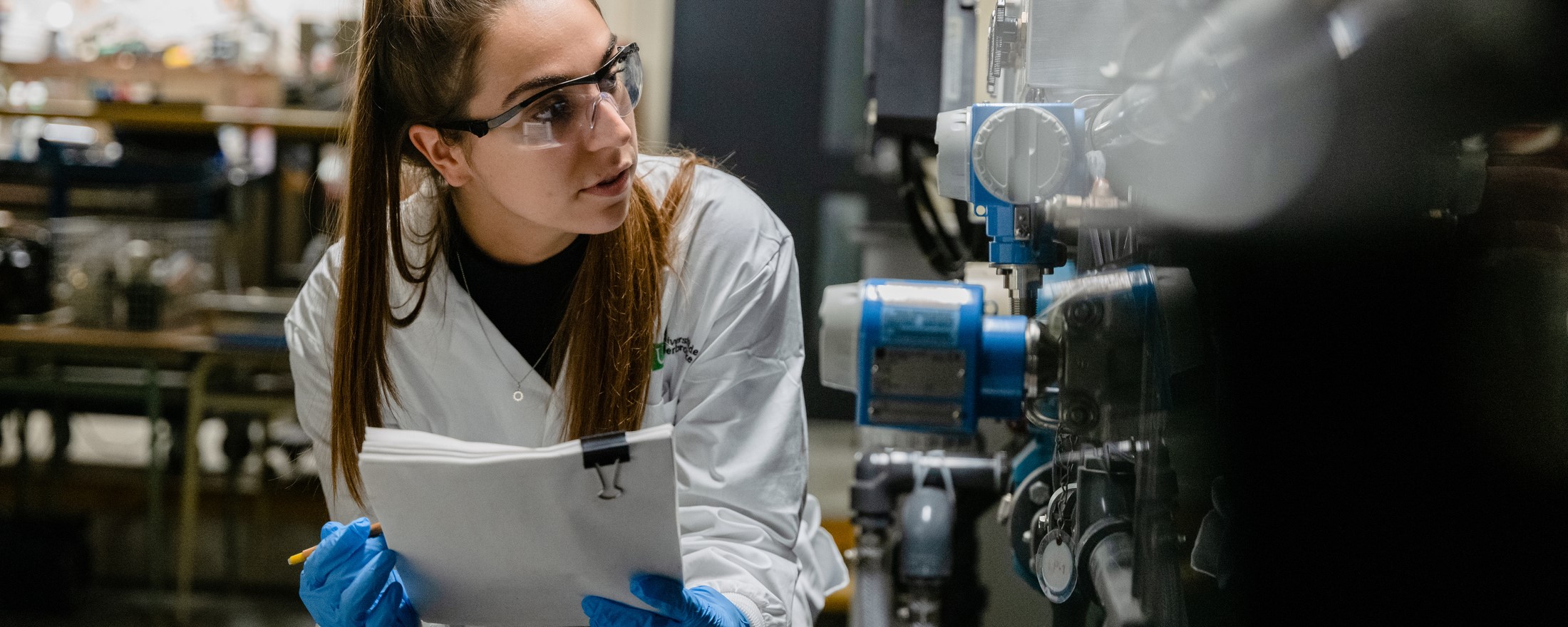2D materials transfer and quantum vacuum-based electronic device characterisation
Overview
- RESEARCH DIRECTION
- Paul G. Charette, Professeur - Interdisciplinary Institute for Technological Innovation
- RESEARCH CO-DIRECTION
- Serge Ecoffey, Professeur sous octroi de recherche - Department of Electrical and Computer Engineering
- ADMINISTRATIVE UNIT(S)
-
Faculté de génie
Département de génie électrique et de génie informatique
- LEVEL(S)
- Stage postdoctoral
- LOCATION(S)
- 3IT - Institut interdisciplinaire d'innovation technologique
Project Description
Context: Quantum materials (QMs) are a hotbed for ground-breaking research. When combined with engineered structures such as resonant nanocavities, coupled light-matter states with highly novel properties result which can be engineered to create new and unique technologies. The control of these coupled hybrid states has demonstrated a high potential for applications in quantum information as well as in nanoelectronics, optoelectronics, sensors, photon sources, and even vacuum induced chemistry. Our industrial partner, Infinite Potential Laboratories (IPL) is ready to take advantage of the latest progress in quantum fabrication science to develop new technologies for vacuum-based applications in quantum information processing (QIP). Building on the joint expertise of the Interdisciplinary Institute for Technological Innovation (3IT) and IPL in the areas of nanofabrication, nanoplasmonics, quantum materials, photoelectron spectromicroscopy, transport measurements, ultrafast quantum optics, and single-photon sensing, the overall goal of this project is to develop an innovative quantum vacuum-based electronic platform to confirm and characterize the QIP in strongly coupled light-matter systems. The specific associated objectives are: i) develop the expertise to fabricate novel nano structures that enable strong coupling and control of QM surfaces in nanocavities; ii) demonstrate proof of concept devices based on these novel strongly coupled light-matter structures The specific associated objectives are to: i) develop the expertise to fabricate new nanostructures enabling strong coupling and surface control of quantum materials in nanocavities; ii) perform proof-of-concept based on these new strongly coupled light-matter structures. This will pave the way for the fabrication of real quantum systems. The developed nanofabrication processes will be particularly beneficial for the emerging fields of nanoplasmonics and quantum chemical catalysis and processing as well as quantum information control via a quantum device. Research project: This postdoctoral fellowship will focus on 2D material transfer and device characterization. The intern will work with the team to complete the devices with the quantum material layer. At IPL, the intern will support the team with laser lines for Rabbi splitting (SC) measurements with Photoemission Electron Microscopes (PEEM). The intern will characterize the artificial atoms using IPL's Atomic Force Microscopy/Tunneling to perform conductance map measurements. Supervision & work environment: This postdoctoral fellowship will be carried out under the co-direction of Professors Paul Charette and Serge Ecoffey in collaboration with Steve MacLean (IPL). The work will be done mainly at IPL and at the Interdisciplinary Institute for Technological Innovation (3IT) of the Université de Sherbrooke. IPL has expertise in low-dimensional exotic heterostructures fabrication, a set of unique characterization tools, and theoretical expertise to model quantum material properties placed in exotic environments. Its team has already succeeded in the synthesis of submillimetre single crystals of 2D materials (graphene and antimonene) and in the fabrication of devices from exfoliated 2D materials.On the characterization side, the research staffs at IPL have a strong expertise in photoelectron spectromicroscopy, scanning probe microscopy, transport measurements, ultrafast quantum optics and single photon detection. The 3IT is a unique institute in Canada, specialized in the research and development of innovative technologies for energy, electronics, robotics and health. The student will benefit from an exceptional research environment where students, professionals, professors and industrialists work hand in hand to develop the technologies of the future. Profile: - Specialization in nanotechnology, materials science and/or physics. - Experience in microfabrication including electron beam lithography. - Strong organizational skills, project management, student supervision. - Excellent adaptability, autonomy and affinity for teamwork. - Strong interest in an industrial, interdisciplinary and collaborative research environment. Start date: The position is available immediately Duration: 2 years with evaluation after 1 year To apply please send the following documents to jobnano@USherbrooke.ca • Curriculum Vitae including list of publications. • Cover letter emphasizing the relevance of your experience with the proposed subject. • Letters of recommendation and/or contact details of 2 references. This project can accommodate one or more students in the following programs : - Postdoctoral fellowship
Discipline(s) by sector
Sciences naturelles et génie
Génie électrique et génie électronique
Funding offered
Yes
Partner(s)
Infinite Potential Laboratories (IPL)
The last update was on 13 March 2024. The University reserves the right to modify its projects without notice.
